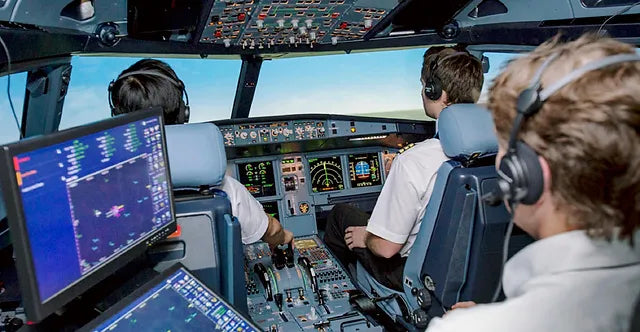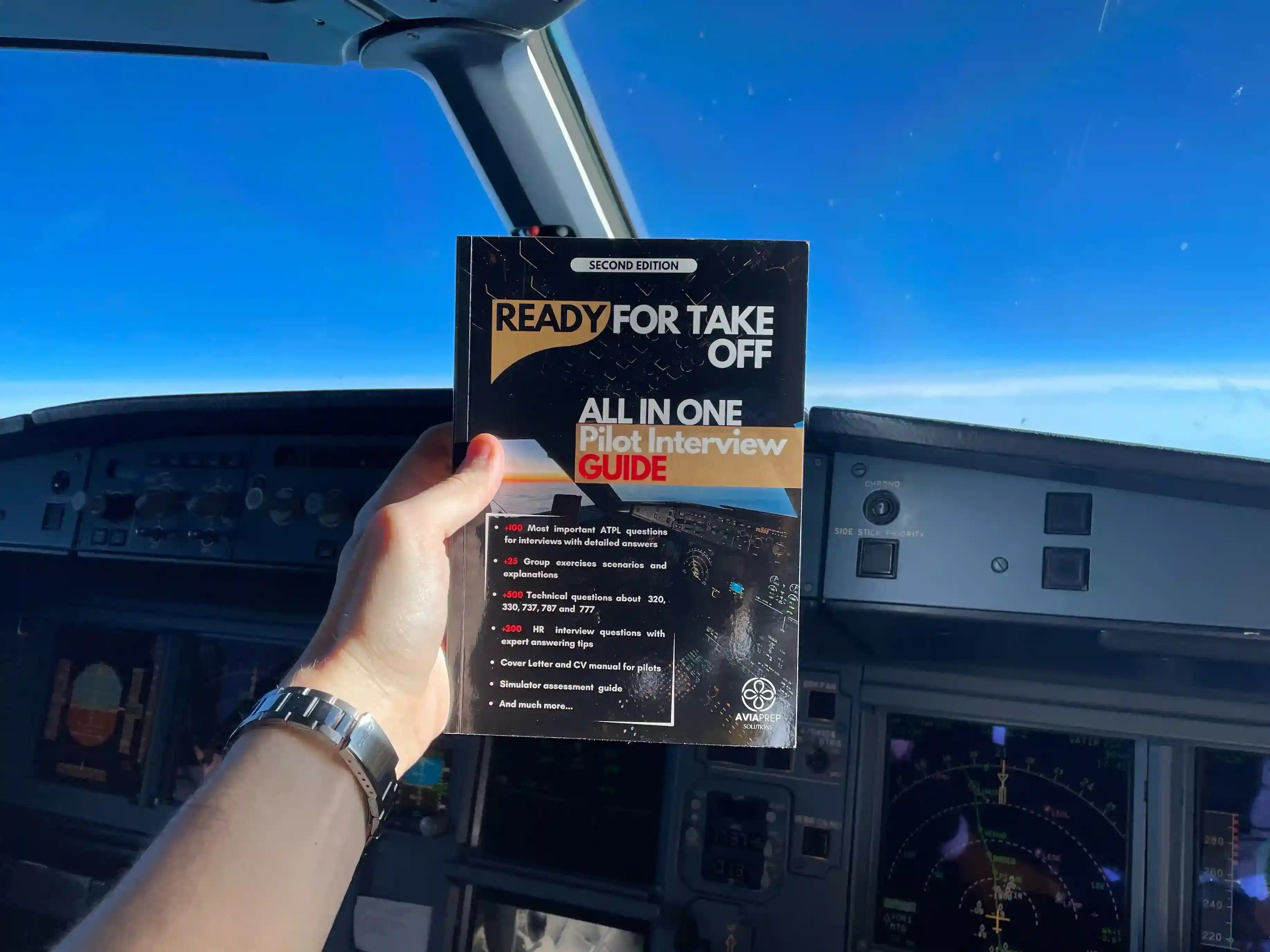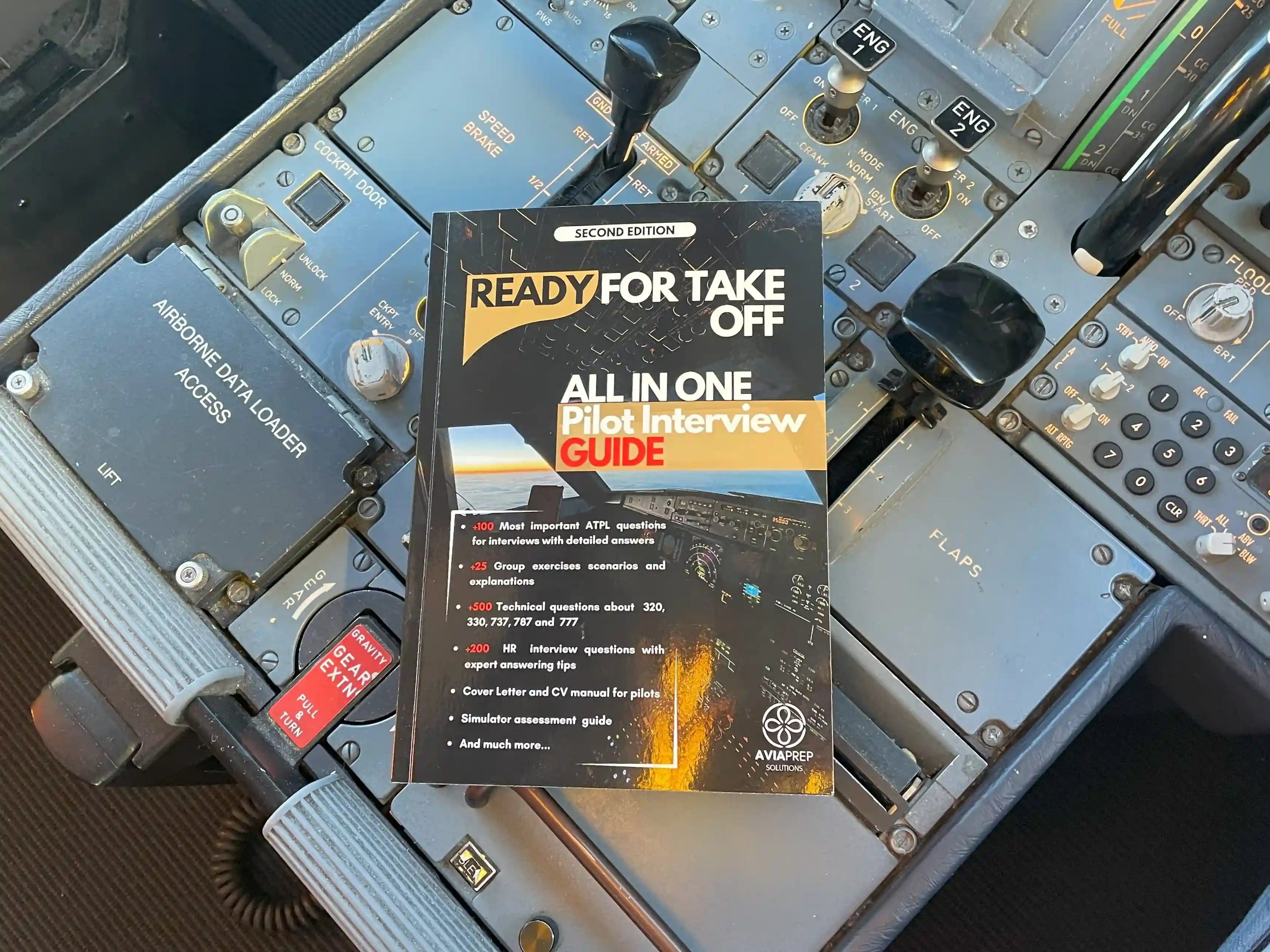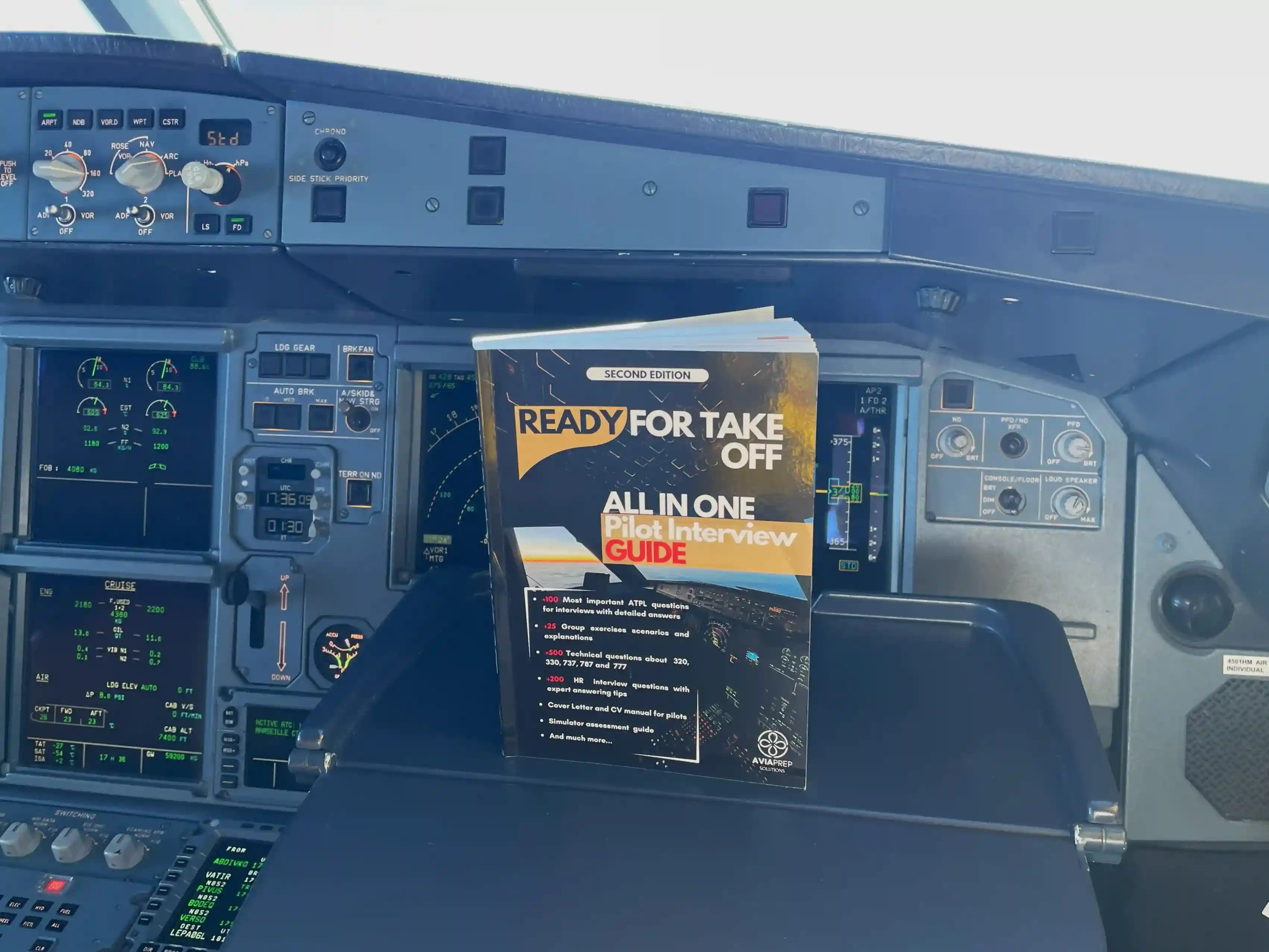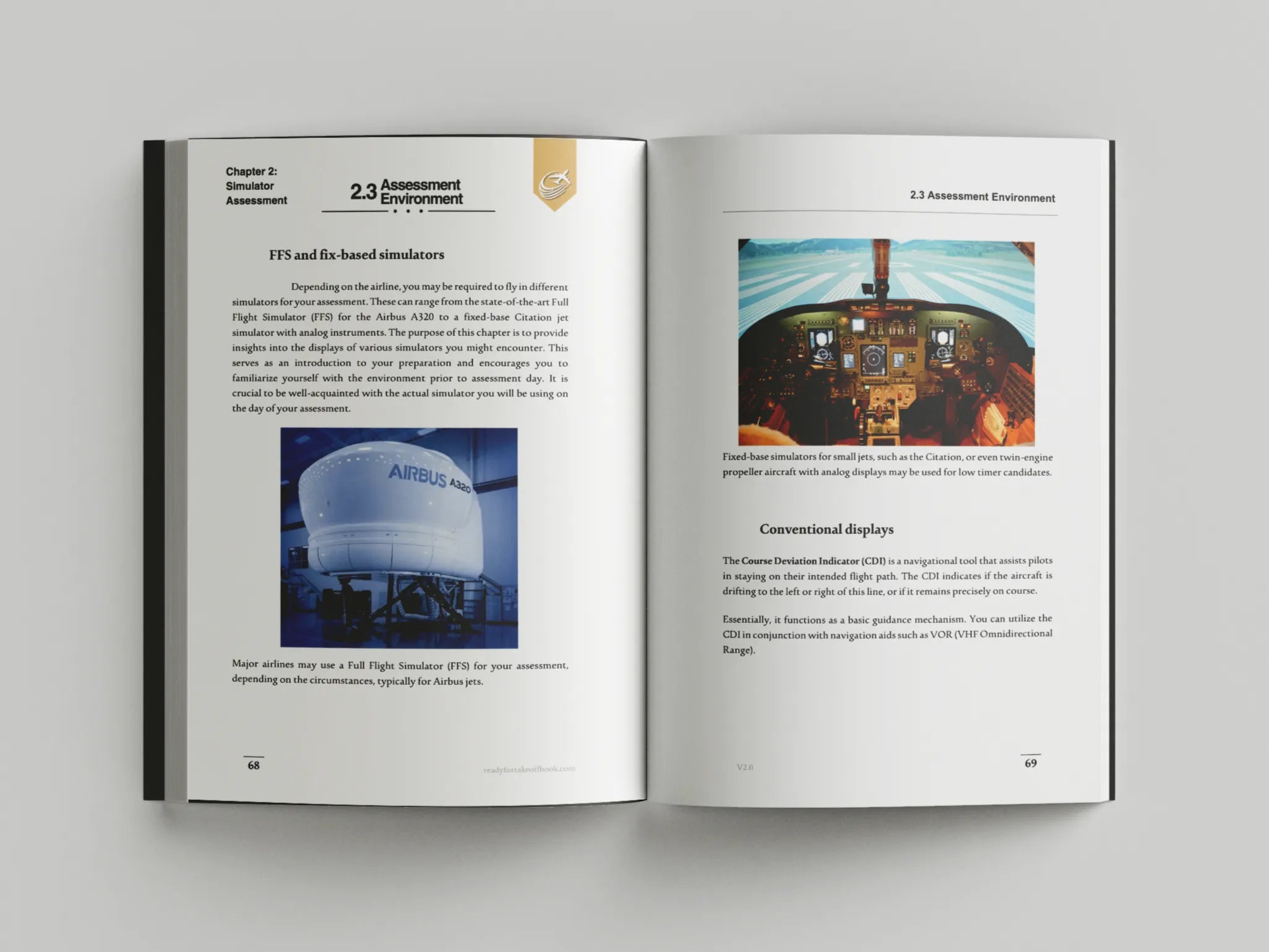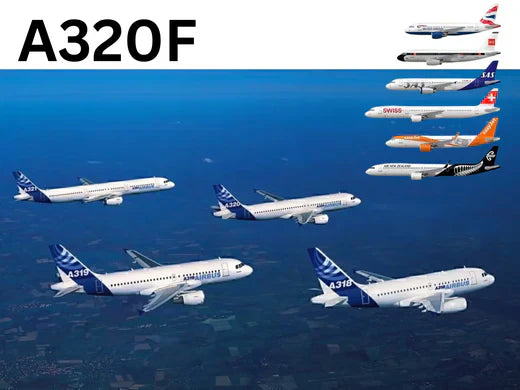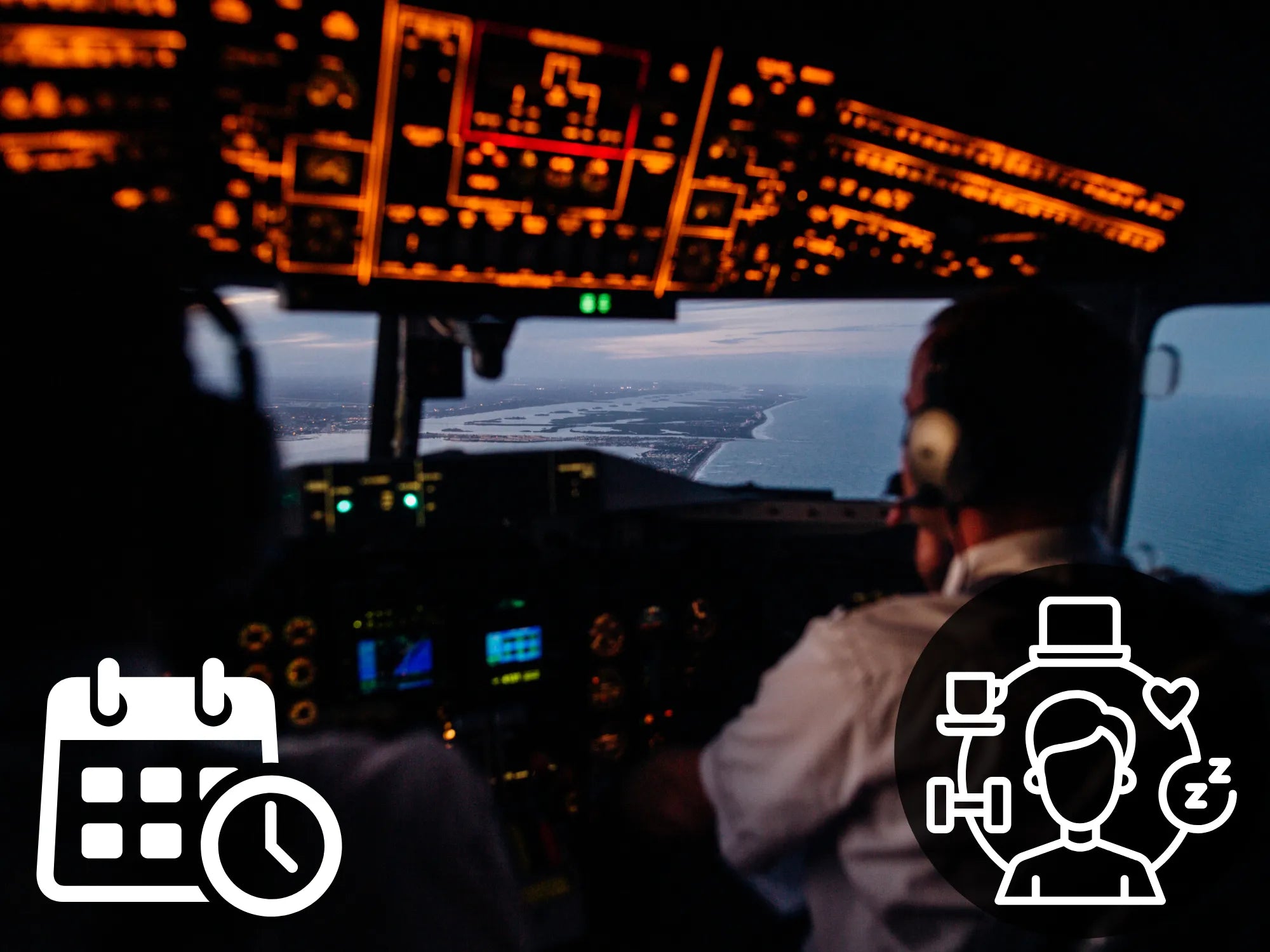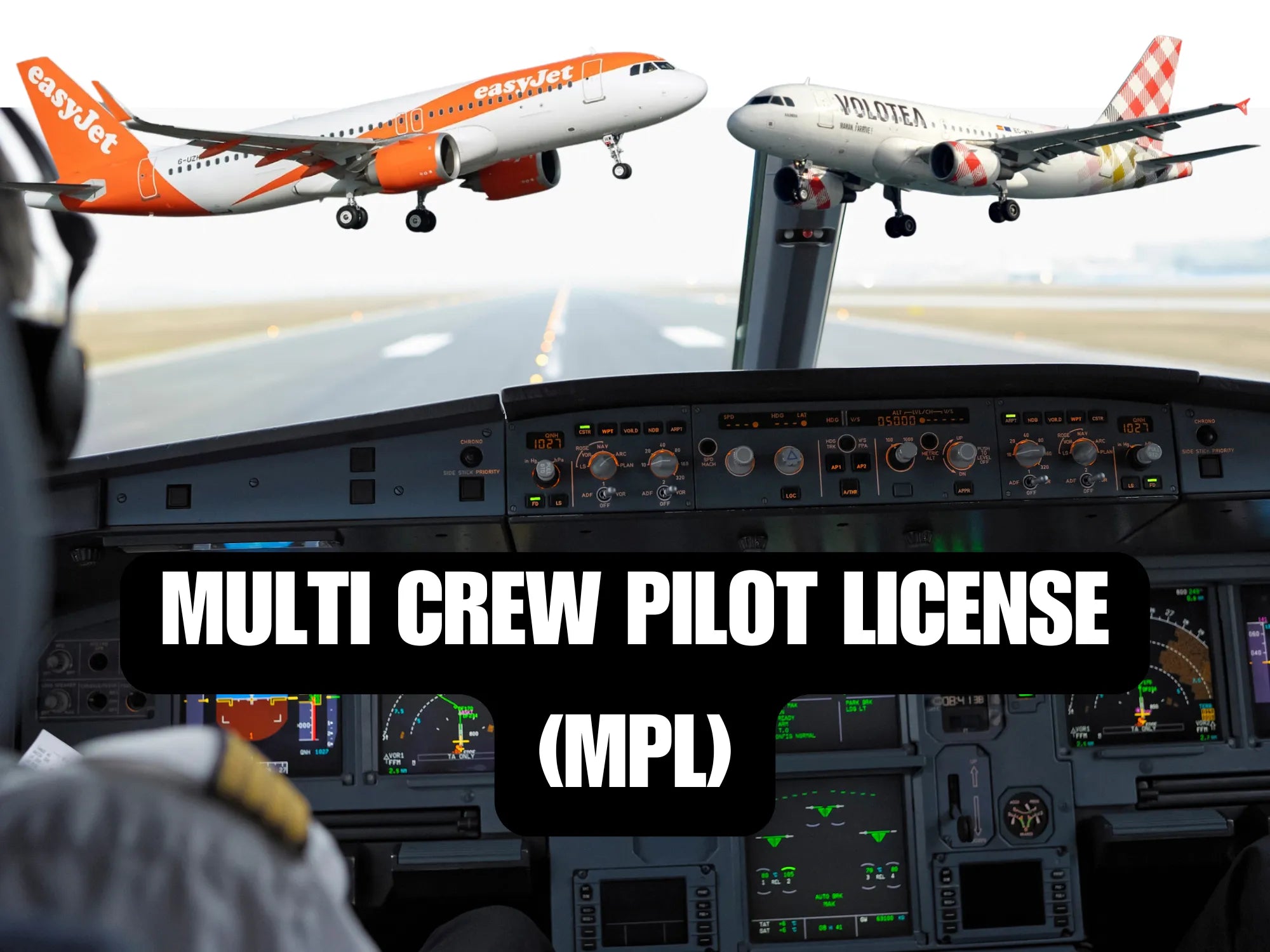Introduction
In aviation, the role of a Type Rating Instructor (TRI) is vital. These highly skilled professionals are responsible for training and assessing pilots to ensure they are proficient in operating their aircraft and conducting the flights in a safely manner. This article talks about the duties, qualifications, and importance of TRIs, offering a wide understanding of their role in aviation safety and pilot competency.
What is a Type Rating Instructor (TRI)?
Definition
A Type Rating Instructor (TRI) is a certified pilot instructor who specializes in training other pilots on specific aircraft types. They provide both theoretical and practical training to ensure pilots can operate particular models of aircraft safely and efficiently.
Purpose
The main goal of a TRI is to ensure that pilots are fully equipped with the knowledge and skills required to handle a specific aircraft type. This specialized training is essential for maintaining high standards of aviation safety.
Responsibilities of a Type Rating Instructor
Providing Specialized Training
TRIs conduct extensive training programs that cover all aspects of flying a specific aircraft type. This includes:
- Theoretical Training: Classroom sessions covering aircraft systems, performance, limitations, and standard operating procedures.
- Simulator Training: Practical sessions in flight simulators to practice handling various flight scenarios, emergencies, and standard operations.
- In-Flight Training: Supervised flying sessions where pilots practice operating the aircraft under real-world conditions.
Assessing Pilot Competence
TRIs evaluate pilots to ensure they meet the necessary standards for operating the specific aircraft type. This involves:
- Skill Assessment: Testing pilots on their ability to handle the aircraft in various situations.
- Knowledge Testing: Ensuring pilots understand the theoretical aspects of the aircraft, including systems and procedures.
- Performance Evaluation: Providing feedback and additional training if needed to ensure pilots are proficient and confident in their abilities.
Continuous Education and Updates
Aviation is a constantly evolving field with new technologies, regulations, and procedures. TRIs must stay updated with the latest developments to provide accurate and relevant training. This involves:
- Attending Refresher Courses: Regularly updating their knowledge and skills.
- Staying Informed: Always staying aware of changes in aviation regulations and industry best practices.
- Incorporating New Techniques: Adapting training programs to include the latest advancements and methods in aviation training.
Qualifications and Skills Required for TRIs
Flight Experience
To become a TRI, a pilot must have substantial flight experience, including:
- Total Flight Hours: A significant number of logged flight hours, usually over 1,500.
- Experience on Specific Aircraft: Extensive experience flying the specific aircraft type they wish to instruct.
Instructional Skills
Being an effective TRI requires excellent teaching abilities, including:
- Communication Skills: Clearly explaining complex concepts and procedures.
- Patience and Adaptability: Tailoring instruction methods to fit different learning styles and paces.
- Critical Thinking: Quickly assessing and addressing trainee needs and performance issues.
The Importance of TRIs in Aviation
Ensuring Pilot Competency
TRIs play a crucial role in ensuring that pilots are competent and confident in operating specific aircraft types. This competency is vital for the safety of passengers, crew, and the aircraft itself.
Enhancing Aviation Safety
By providing thorough and comprehensive training, TRIs help maintain high safety standards in the aviation industry. Their expertise ensures that pilots are well-prepared to handle any situation that may arise during flight.
Supporting Pilot Development
TRIs contribute significantly to the professional development of pilots. Through continuous training and assessment, they help pilots enhance their skills and advance in their careers.
Conclusion
Type Rating Instructors (TRIs) are indispensable in the aviation industry, ensuring that pilots are well-trained and proficient in operating specific aircraft types. Their role includes providing specialized training, assessing pilot competence, and staying updated with industry developments. By understanding the responsibilities and qualifications of TRIs, we can appreciate the critical role they play in maintaining aviation safety.



